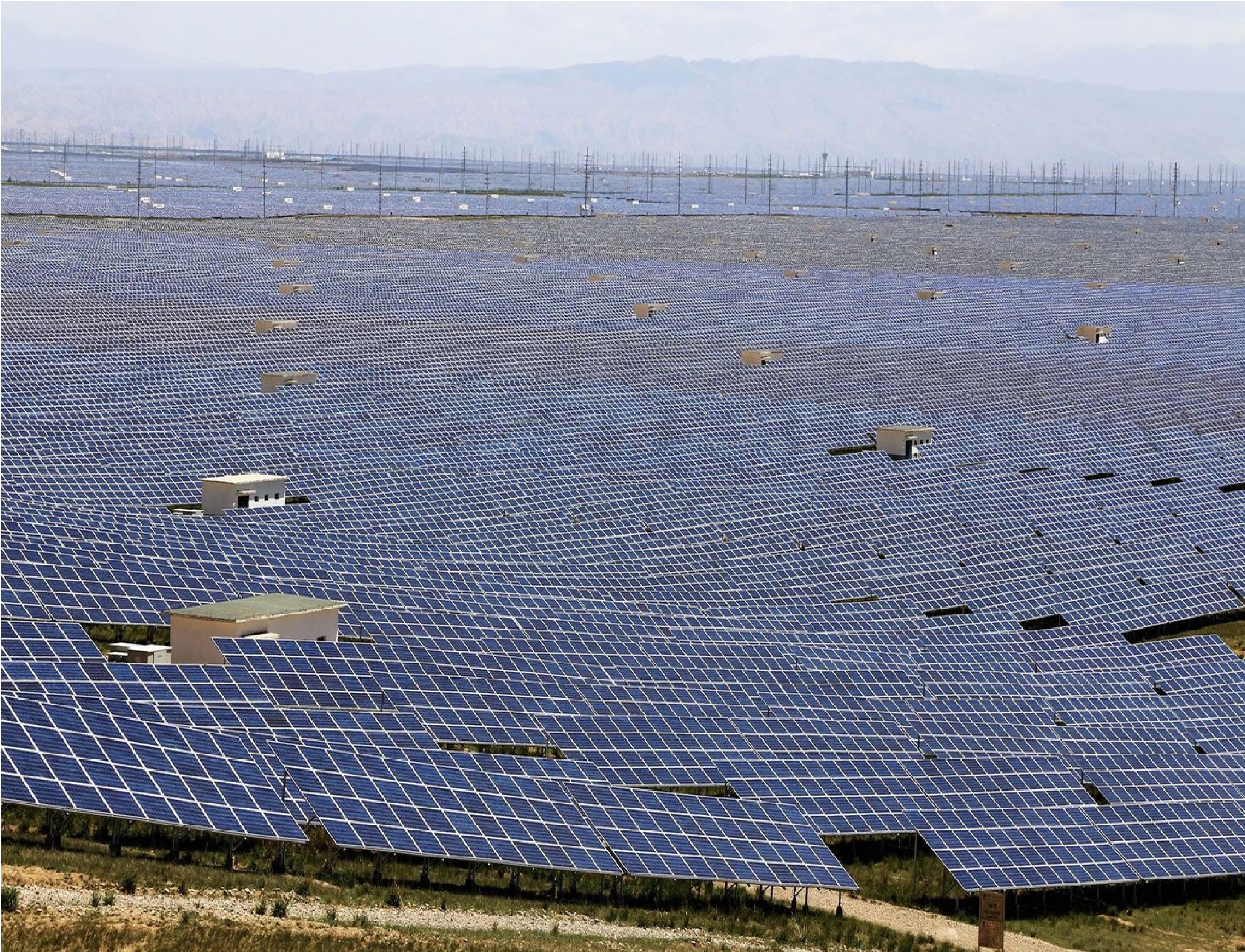
Question: Assuming that virtually unlimited flat land is available in a desolate desert, how many square kilometers would be required to install a solar plant with a capacity of 11.1 GW?
Answer: Here’s an estimate of the land area required for an 11.1 GW solar plant, along with some important considerations;
Assumptions:
- Solar Panel Efficiency: We’ll use an average efficiency of 20% for this calculation.
- Solar Panel Density: A typical large-scale solar farm has a panel density of around 1 MW per hectare (1 hectare = .01 square kilometers). This can vary depending on the specific panel type and layout.
Calculations:
- Total Land Area (Hectares):
- Total Capacity (MW) / Panel Density (MW/hectare) = Land Area (hectares).
- 11,100 MW / 1 MW/hectare = 11,100 hectares
- Total Land Area (Square Kilometers):
- Land Area (hectares) *.01 = Land Area (square kilometers)
- 11,110 hectares * .01 = 111 square kilometers.
Important Considerations:
- Real-World Variations: The actual land area required could be larger or smaller depending on factors such as:
- Panel Efficiency: Higher-efficiency panels would require less land.
- Panel tilt and spacing: the angle and spacing of solar panels affect how much sunlight they capture.
- Site Layout: The shape and topography of the land can influence the layout and efficiency of the solar farm.
- Infrastructure: Space for roads, substations, and other infrastructure will also be needed.
- Environmental impact: Even in a desolate desert, large-scale solar installations can have environmental impacts. It’s essential to consider potential effects on wildlife, vegetation, and soil.
Water Use: Solar panels themselves don’t use water for electricity generation, but cleaning them can require significant amounts of water. Water availability and management are crucial consideration, especially in a desert environment.